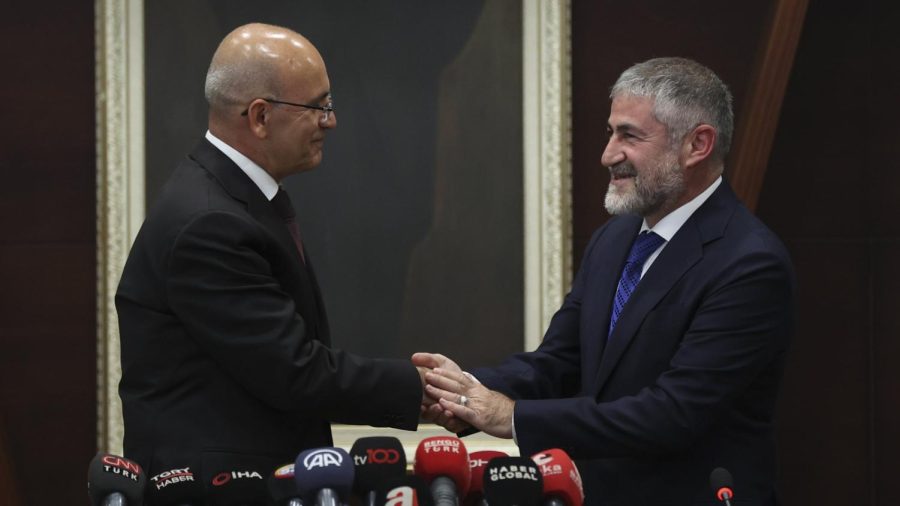Erdogans’s Unprecedented Reelection May Indicate Promise Amid Economic Turmoil
June 12, 2023
As of May 28, 2023, Erdogan secured reelection, extending his rule to 2028. Often criticized as anti-democratic and otherwise unfit to oversee Turkey, his recent victory has brought alarm to foreign investors and some Turkish citizens. Inflation in the nation is currently at over 40%, exacerbated by his populist economic measures and unsuccessful attempts to recover the value of the lira (which has decreased in value by 67% against the dollar since 2020). Still, with his appointment of finance minister Mehmet Şimşek on June 3rd, hope for a brighter economic future is present.
Assuaging justified fears, Şimşek asserted, “Turkey has no choice but to return to a rational ground. A rules-based, predictable Turkish economy will be the key to achieving the desired prosperity.” While his words provide a sigh of relief to citizens and investors, concrete action may prove immensely difficult to implement. It is important to remember that, in a bid to bolster the economy and garner public support before the May 14 elections, Erdogan pledged a month of entirely free natural gas to households. A few weeks later, on May 9th, Erdogan increased the minimum wage for public workers by a staggering 45%. His spontaneous, morally questionable economic policy may temporarily alleviate living conditions, but only at the expense of Turkey’s already-strained deficit.
With Erdogan’s recent actions largely conflicting with Şimşek’s promises, the nation’s economy is subject to a state of general turmoil. Fundamentally, Erdogan will have to relinquish his firm grip on Turkey’s national bank if he has any hopes of leading economic recovery. Two years ago, Erdogan compelled the central bank to slice interest rates from 19% to 8.5%, further aggravating inflation. While entirely necessary, reverting this cut would force Erdogan to compromise public support and power, a move that would prove greatly unexpected.
It is reconciling public opinion with necessary monetary policy that will prove to be Turkey’s greatest challenge. Yet, even in the unlikely scenario that political obstacles are trumped, the nation still has a long road to recovery. Between a currency crisis, dwindling foreign reserves (heavily used in an unsuccessful attempt to support the Lira), and extreme inflation, Turkey will need more than hope to secure economic stability.

